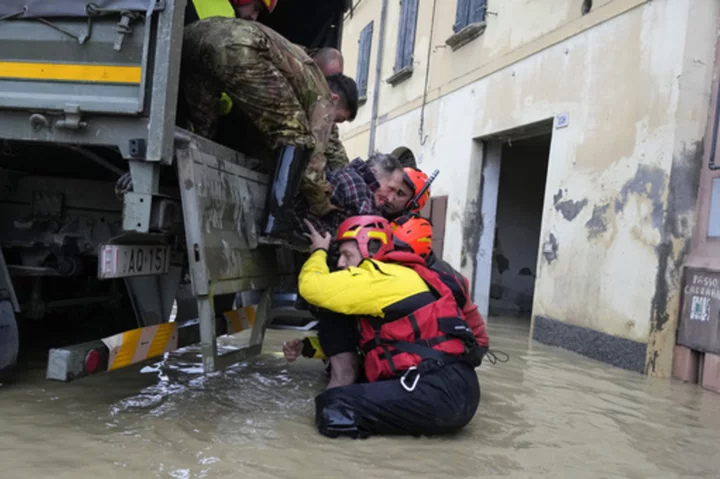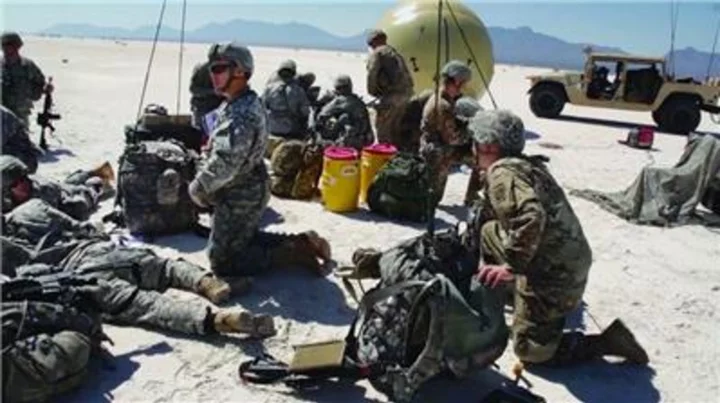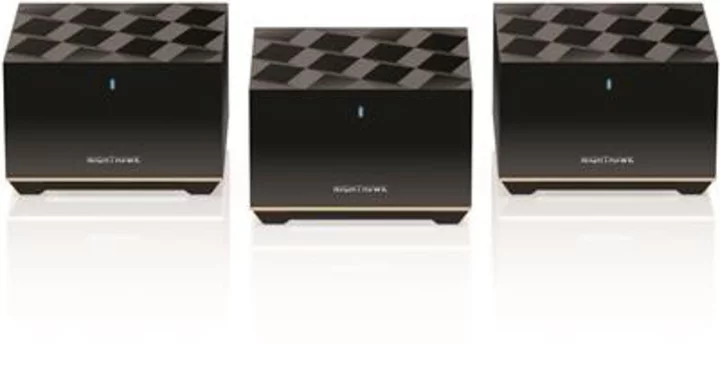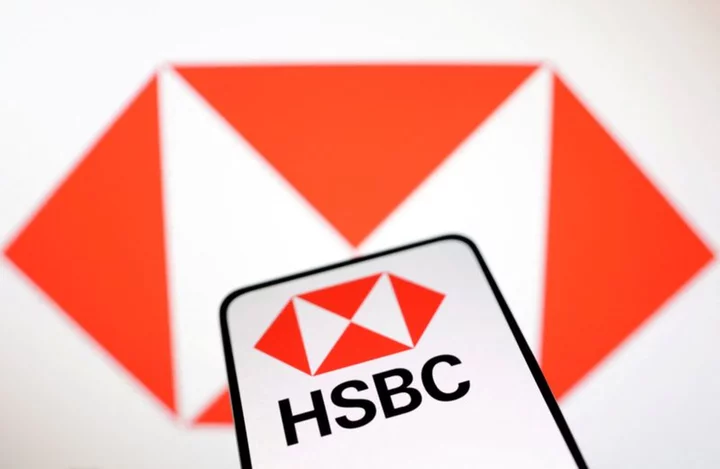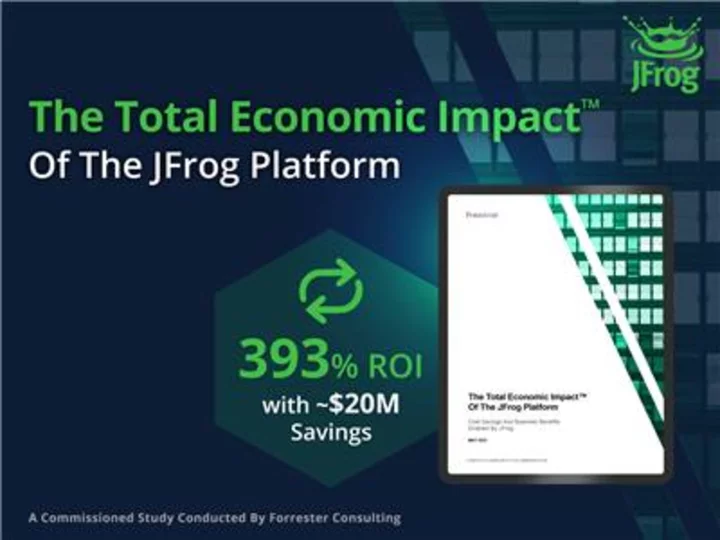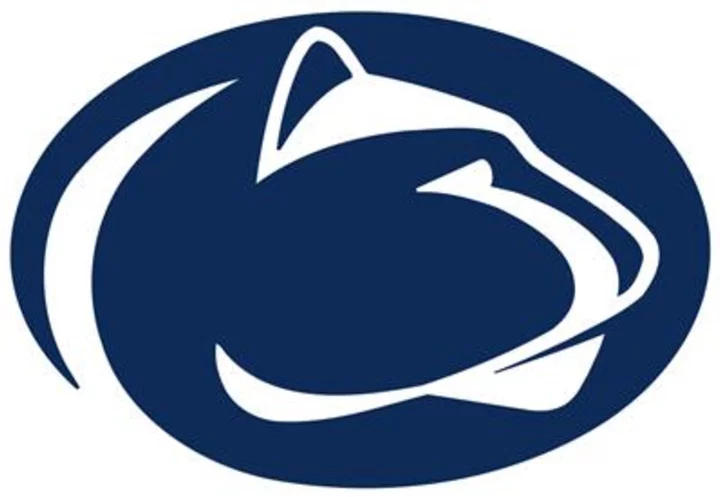A recession could be miles away — or it could be just around the corner. It's the storm that just keeps getting delayed further, but someday in the near future a mild recession will hit, economists predict.
If that "someday" were today, how would the average American hold up financially? Fairly well, but at the expense of their nest eggs, according to a new analysis from the JPMorgan Chase Institute.
"We see families building savings back up more slowly than they spend them down, so if many families lose savings in a recession, it could take a while for them to recover," said Chris Wheat, president of the JPMorgan Chase Institute, a think tank within the country's largest bank.
Nevertheless, consumers have more cash readily available now than before the pandemic, according to the institute's analysis of data from 19 million Chase customers' bank accounts.
A separate analysis that Wheat co-authored found that Americans have 10% to 15% more in their bank accounts today, compared to 2019. That would likely help them power through a potential upcoming recession, should they become unemployed.
"People have a bit left in the tank," Wheat said, cautioning that inflation has meant their "dollars aren't going quite as far." Wages only just started to outpace inflation for the first time in two years, meaning that the wage increases many Americans got during the Great Resignation period were essentially canceled out by price increases.
That's left them with dwindling cash buffers, he told CNN. In his research, Wheat defines a cash buffer as the amount of time someone could keep up their regular spending without any income or access to new credit.
In June 2021, the top-income quartile of Chase customers had a median cash buffer of 43 days, while the lowest-income quartile had a median cash buffer of 22 days. That's largely a product of the financial boost many Americans experienced during the Covid pandemic in the form of stimulus checks and a break from student loan payments, although the latter are restarting later this year. At the same time, Americans weren't spending as much money on goods and services when many businesses were forced to close.
At the start of this year, the highest earners had just over a month's worth of a cash buffer and the lowest earners had around 15 days, according to the analysis.
Cash buffers are drying up because families aren't replenishing their savings when they dip into them, Wheat said. That's been happening more frequently over the past year as consumers wrestle with high inflation. Consumers are saving 4.6% of their disposable income, according to May's Personal Consumption Expenditure report from the Bureau of Economic Analysis. At the height of the pandemic, consumers were saving a third of their income.



